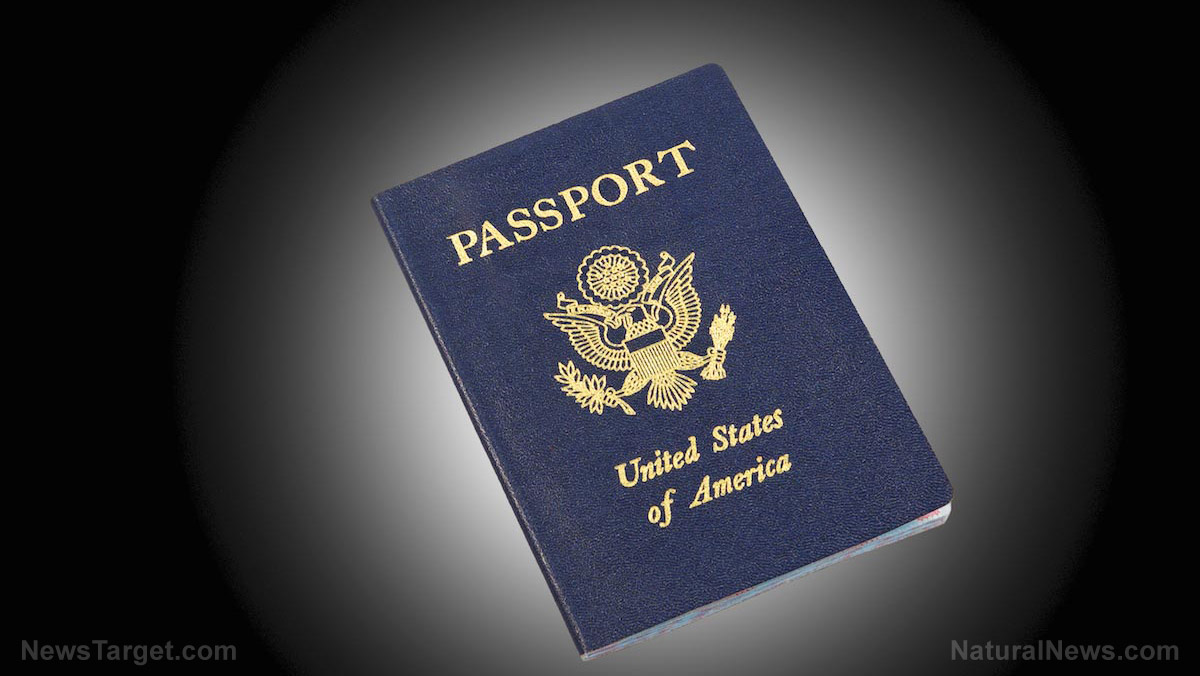 Parler
Parler Gab
Gab
- The Trump administration authorized ICE to access personal data (names, addresses, Social Security numbers, etc.) of over 79 million Medicaid recipients, aiming to identify and deport undocumented immigrants.
- Privacy advocates and Democratic lawmakers warn this could deter vulnerable populations from seeking medical care, while supporters argue it prevents misuse of taxpayer-funded benefits. Legal challenges are underway, with 20 states suing over privacy violations.
- CMS staff and attorneys raised objections, citing ongoing litigation, but the agreement proceeded. Critics accuse the administration of turning health care administrators into immigration enforcers.
- ICE can only access records on weekdays until September 9 without direct downloads, but critics argue the policy undermines trust in public health programs, especially in states offering Medicaid to some noncitizens.
- The move aligns with the administration's aggressive deportation efforts, including workplace raids and arrests at sensitive locations. The long-term impact—whether reducing fraud or harming public health—remains uncertain.
Privacy issues, legal backlash and internal resistance
Privacy advocates and Democratic lawmakers have sounded alarms, warning that allowing ICE to comb through health care records could have a chilling effect, particularly in states that expanded Medicaid coverage to migrants. Legal challenges are already mounting, with 20 states suing the federal government over alleged violations of medical privacy laws. California Attorney General Rob Bonta announced plans to seek a court order blocking the data-sharing, arguing that fear of deportation could prevent families from seeking essential medical care. A hearing is scheduled for Aug. 7. Internal CMS emails obtained by the Associated Press reveal legal concerns within the agency. One thread, titled "Hold DHS Access — URGENT," shows attorneys urging a pause on the agreement due to ongoing litigation. Despite these objections, the Department of Justice (DOJ) reportedly approved the data-sharing move. Congressional Democrats, including Sen. Adam Schiff (D-CA), have demanded an immediate halt to the policy, calling it a dangerous overreach that could harm public health. The Trump administration insists the measure is lawful and necessary to protect taxpayer dollars. A DHS spokesperson described it as an initiative to ensure illegal immigrants do not exploit Medicaid benefits meant for Americans. Yet critics argue the move is part of a broader strategy to intensify deportations. The administration has already increased workplace raids and arrests at sensitive locations like churches and courthouses, fueling fear in immigrant communities. With legal battles looming and ICE poised to act on the newly accessible data, the long-term implications remain uncertain. Will this deter fraud, as the administration claims? Or will it drive vulnerable populations away from medical care, exacerbating public health risks? Visit PrivacyWatch.news for more similar stories. Watch as President Donald Trump vows to remove waste, fraud and abuse from Medicaid in this clip. This video is from the NewsClips channel on Brighteon.com.More related stories:
Trump administration moves to share Medicaid data with DHS, faces legal and privacy backlash amid immigrant raids. ICE raids underway as Trump administration launches historic DEPORTATION operation. Trump directs ICE to arrest protesters who attack officers. Sources include: YourNews.com NBCNews.com TheGuardian.com Brighteon.comU.S. and China near trade deal as Stockholm talks aim to avert August tariff spike
By Cassie B. // Share
Unleashing the healing power of foods: A path to health and wellness
By Belle Carter // Share
U.S. to impose new “visa integrity fee” on millions of foreign visitors
By Laura Harris // Share
Amazon’s AI wearable acquisition: Convenience or surveillance?
By Ava Grace // Share
Governments continue to obscure COVID-19 vaccine data amid rising concerns over excess deaths
By patricklewis // Share
Tech giant Microsoft backs EXTINCTION with its support of carbon capture programs
By ramontomeydw // Share
Germany to resume arms exports to Israel despite repeated ceasefire violations
By isabelle // Share










